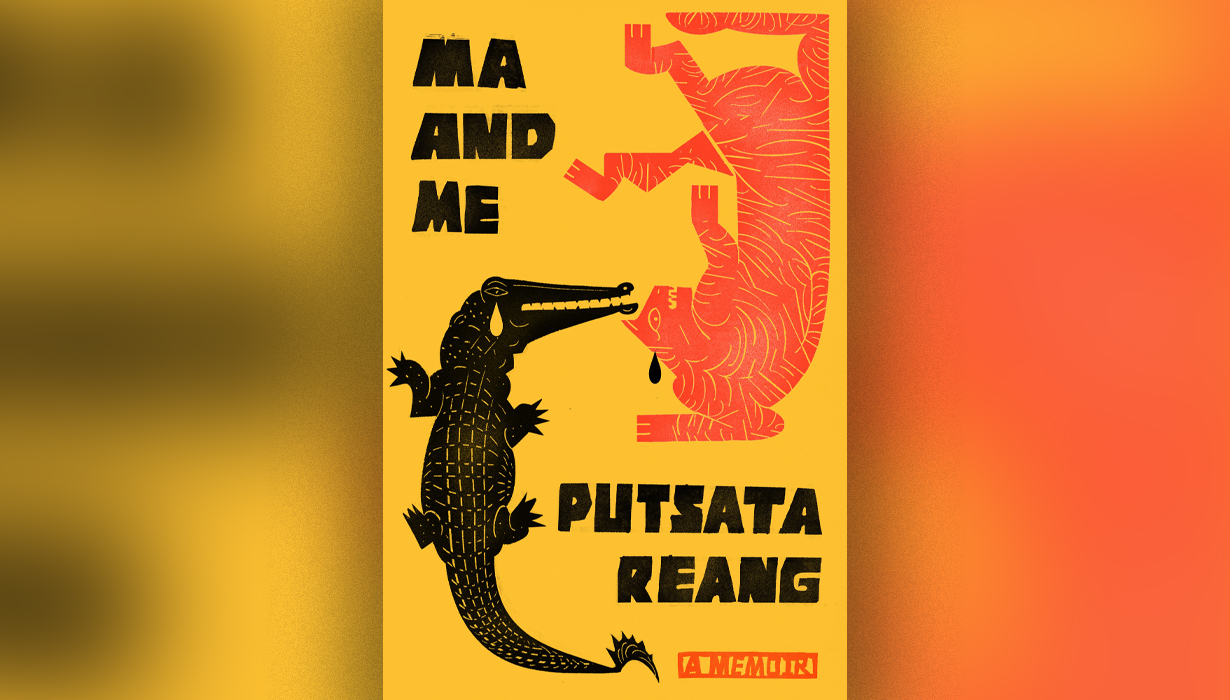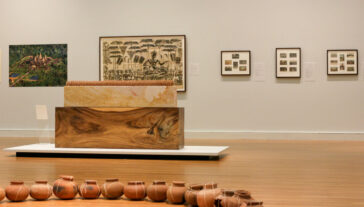Reading and Discussion with Author Putsata Reang — Stories Hold the Cure

Join Cambodian-American author and journalist, Putsata Reang, for a reading and presentation about the curative power of personal narrative.
We all have wounds that resist healing, injuries incurred in moments when we are misunderstood, unseen, unheard and worse, harmed. Former U.S. Poet Laureate Natasha Trethewey called them “existential wounds”—the ones that don’t seem to ever heal. They are the ones that can trap us into a single narrative of being unworthy, unlovable, and irredeemable. In her work, Putsata models the courage to author a different narrative and the power of stories to heal even these deepest wounds. Stories hold the cure.
Putsata Reang is co-presented by UMMA and Multi Ethnic Student Affairs on the occasion of the UMMA exhibition Angkor Complex: Cultural Heritage and Post-Genocide Memory in Cambodia and Asian American and Pacific Islander Heritage Month. Bringing together more than eighty artworks spanning a millennium — including many on loan from collections worldwide — this landmark exhibition presents the visual culture of Cambodia and its diaspora and allows viewers to encounter the still-fresh scars of a genocide and of related upheavals and critically appreciate strategies evolved to nurture resilience.
Putsata Reang is an author and a journalist whose writings have appeared in The New York Times, Politico, The Guardian, Ms, and The Seattle Times, among other publications. Born in Cambodia and raised in rural Oregon, Reang has lived and worked in more than a dozen countries. She is an alum of several prestigious fellowships and residencies, and teaches memoir writing with Seattle Arts & Lectures’ Writers in the Schools program. Her latest book, Ma and Me, explores the long legacy of inherited trauma and the crushing weight of cultural and filial duty, in the context of her journey to come out to her family and claim her identity. The book has won the Pacific Northwest Book Award and was a finalist for the Washington State Book Award, the Lambda Literary Award, and the Dayton Literary Peace Prize.
Angkor Complex: Cultural Heritage and Post-Genocide Memory in Cambodia is curated by U‑M History of Art Professor Nachiket Chanchani and on view at UMMA through July 2024.
Free and open to the public. No RSVP or registration is required.
